Achilles — the strongest Greek mythological warrior — was given invulnerability when his mother, Thetis, dipped him into the River Styx as an infant, protecting his entire body from injury except for the place his mother held him by while he was in the river: his heel. He died in the Trojan War from the strike of a single arrow to that inauspicious spot, his sole weakness. Achilles’ exceptional skill in battle led him to be one of the greatest warriors in Greek mythology ever, and despite his death and weakness, his myth persists to this day. I grew up troubled over a similar issue to the weak spot he faced, but with vastly different obstacles.
Yet, whatever pride he felt about his strength evaded me.
My “Achilles heel” is bodily, permanent, and debilitating: a physical motor disability known as hemiplegic cerebral palsy. A disorder that wreaked havoc on the earliest stages of my life has continued to affect me, altering the way I view myself, changing what I can achieve physically, and serving as the reason I am overwhelmed with uncertainty, from the relationships I have with people to stepping outside of my comfort zone.
But what exactly does it mean to have hemiplegic cerebral palsy?
Hemiplegic refers to paralysis on one side of the body, and as such, my entire left side is affected with a level of paralysis and muscle weakness. Cerebral refers to an association with the brain, and palsy means weakness or trouble with the use of muscles. The level at which my disability affects my left side can differ. For example, my leg is severely incapacitated to the point where I wear a brace made of patterned plastic to support myself when I walk, and even when I’m not wearing this brace, I have a far more visible impairment and limp in my step. Meanwhile, my hand and arm are simply weakened to a point where it’s often bothersome, but without a need for treatment.
I accepted this at an early age and learned from experience that my disability would not only change how people perceived me from the moment they became aware of it, but then cause them to hold warped beliefs about me, whether they were implicit or intentional.
When I was in the fourth grade, a boy at school who was two years older than me approached my table at the end of the day. Since I had recently undergone an operation on my leg, I was using a PVC pipe to stabilize myself because I couldn’t walk without it. Conveniently for him, the pipe was resting against the edge of the table. He grabbed the pipe, proceeding to walk away and create a further distance, knowing I was defenseless in retrieving my only method of moving. I sat there, dumbfounded, until someone else noticed and helped me get it back.
My issue was when he found it funny. He looked at me, flagrantly laughing as he refused to return it, like my first reaction should have been, “Oh, that’s hilarious! You just deprived me of my ability to walk and I can’t even do anything about it. Killer joke!” That was one of the moments that helped me realize, as long as my brace could be seen, there was always the possibility of my disability being the subject of shallow humor.
Later on, this subconsciously spurred my habit of wearing baggy pants that I could easily hide my brace underneath. Any time my brace is visible, I can’t help but feel self-conscious because it makes me vulnerable, as it means people can see, question, and wonder why I have it.
Since this has been affecting me since childhood, the people and adults I’ve grown up with are aware of my physical disability, yet some people are less discreet about it than others.
In February of last year, I went to a party that mostly consisted of a group of older women. Due to the fact that my friend and I were the only teenagers there, we resided in the dining area and sat at a table to entertain ourselves while the women — including my friend’s mom — drank, laughed, and ate in the kitchen. At these types of gatherings, the atmosphere was always lively without a moment of silence.
Until then, I hadn’t been to a gathering like that in ages. One of the women, a former longtime friend of my mother, took notice of me. She spoke in exclamations, instantly hugged me, pulled me in close, and started talking about how much she missed me. Maybe it was because she was so loud, but other women started to come into the room to see what was happening.
I assumed she thought that there was no reason to not take it even further after already invading my personal space. Her hand reached under the table and started to touch my thigh and stroke my leg in tandem with berating questions like asking if my leg was “good” now. I lied out of nervousness, simply nodding my head which was being coddled by her arm.
A disability like mine will never go away. To some degree, it will always be there to haunt me, making itself known through the occasional nighttime pain or straining in my muscles. I just didn’t have the heart to tell this woman — who may have been drunk, as evidenced by her lack of coherence— that even after years of enduring it, I still faced the same wall of burden that I couldn’t climb over.
I valued this woman’s perception of me more than my own dignity. I would have rather sat there as her fingers traveled up and down my leg than to deny it all and give her more reason for concern. I thought that if I could convince her that everything was okay, then I could convince myself too.
Although paralysis has always been a monumental factor in my life, at that moment, every inch of my body was frozen. I couldn’t do anything. I couldn’t think. All I could do was comply because of a device pointed at the two of us. It was being filmed. The whole time I kept thinking how I let this happen, I wanted to tell her, “My disability is not a reason for you to touch me. Even if it’s visible, it’s not an invitation.” But the fear lurking over me became excruciating and I endured the outcome of silence.
The video was sent to me at the end of the day. I knew it likely circulated around the rest of the women who were at the party too. The most gut-wrenching part is that every second of watching that video reminds me of what it was like to not only be diminished to a spectacle, but something less than human, unworthy of a warning or the asking of permission.
The laughter in the background drowned out my thoughts of alienation while a woman I had known for years carelessly caressed my weakness — the very core of my vulnerability — in front of everyone, and I sat still, like I was as fragile as my dream of being a ballerina when I was a kid.
Time and time again, I have succumbed to the ache of thinking that there will never be anything that could possibly put me at the same pace as everyone else. I would always be one step behind. Instances like these — moments where I have been isolated and diminished to the sole leg that I struggle to stand on — have led me to believe that.
No person with a disability, visible or not, should be an object of pity or be made into a hero you glamorize for the sake of “overcoming their struggles.” I will never truly overcome my condition, so the last thing I need is another reminder of it, which is why you shouldn’t bring it up offhandedly. You have to understand that after years of being treated differently, there is nothing more enticing than the idea of being the same as everyone else, so to the very least, the treatment of being human is enough.



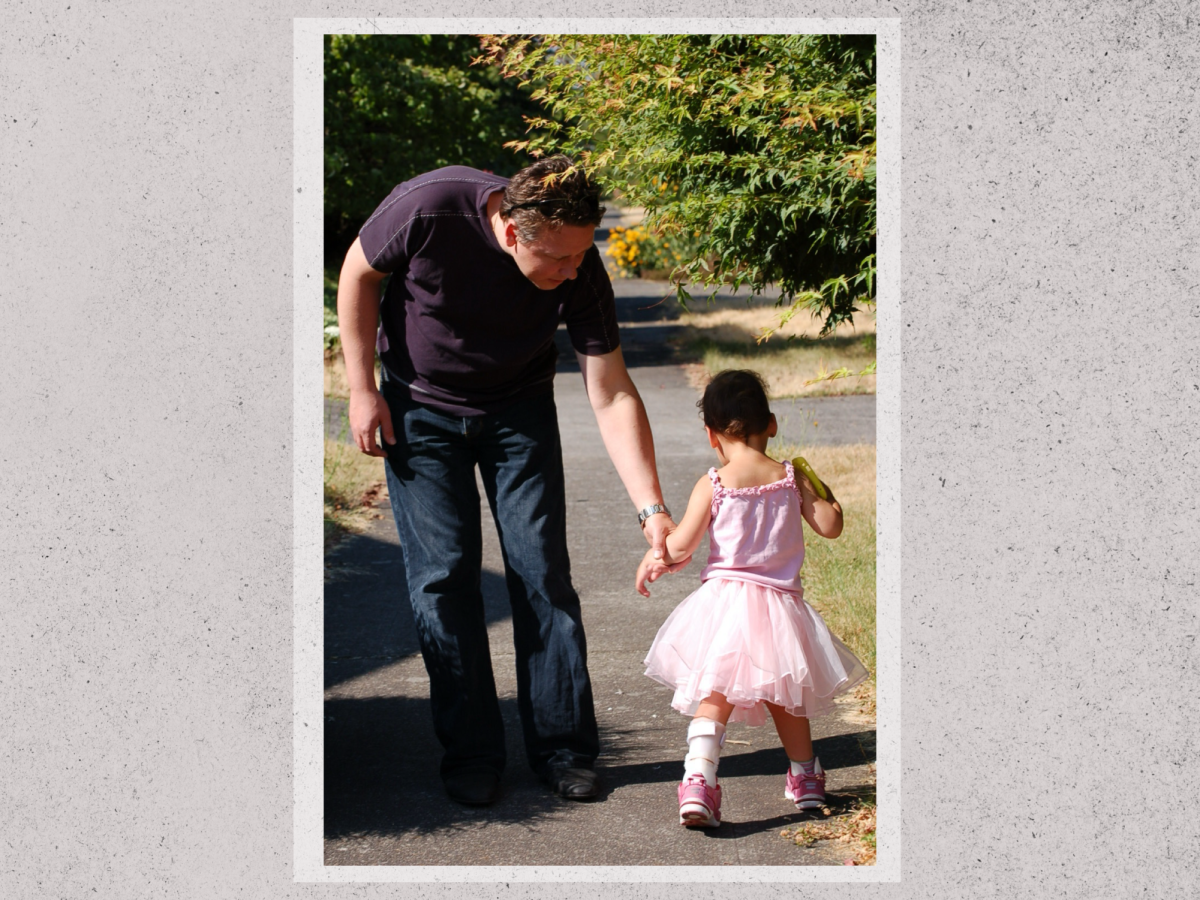


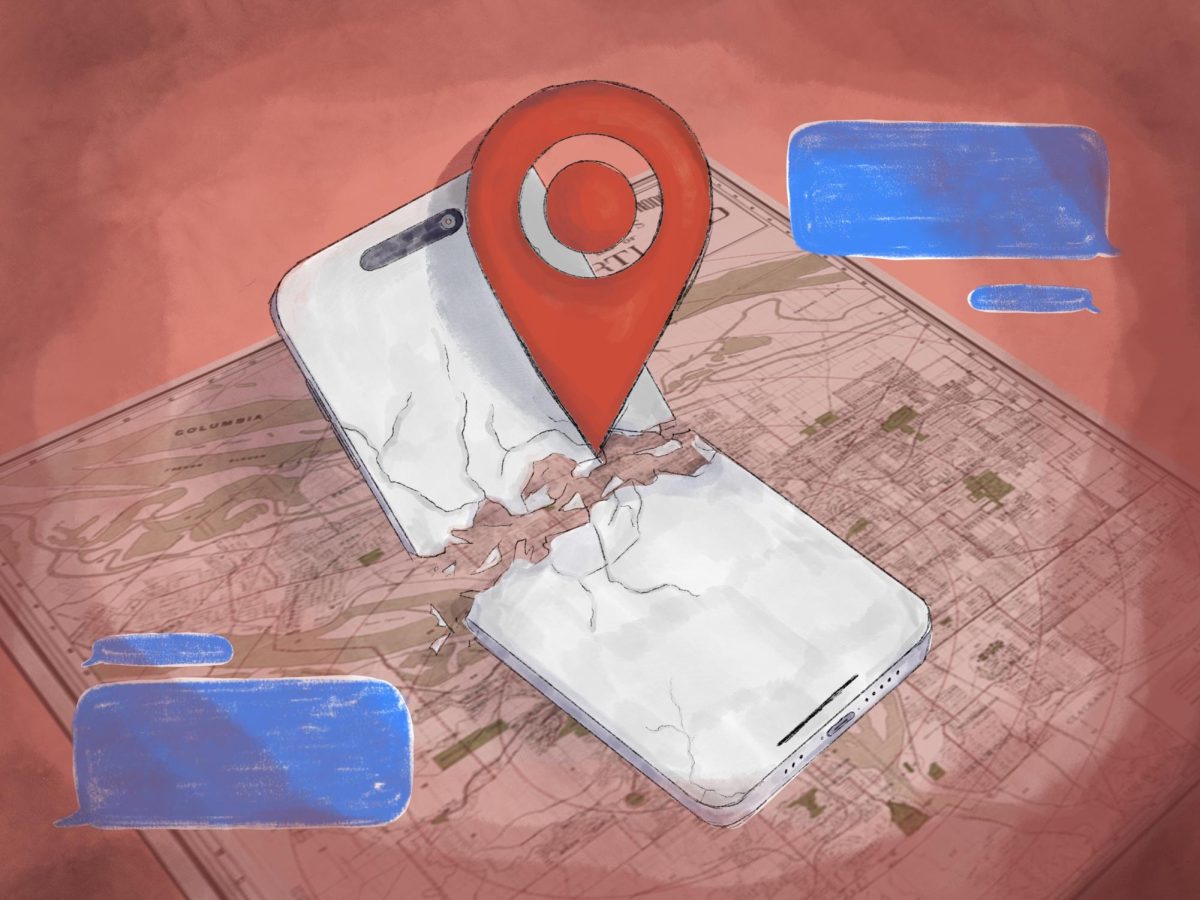
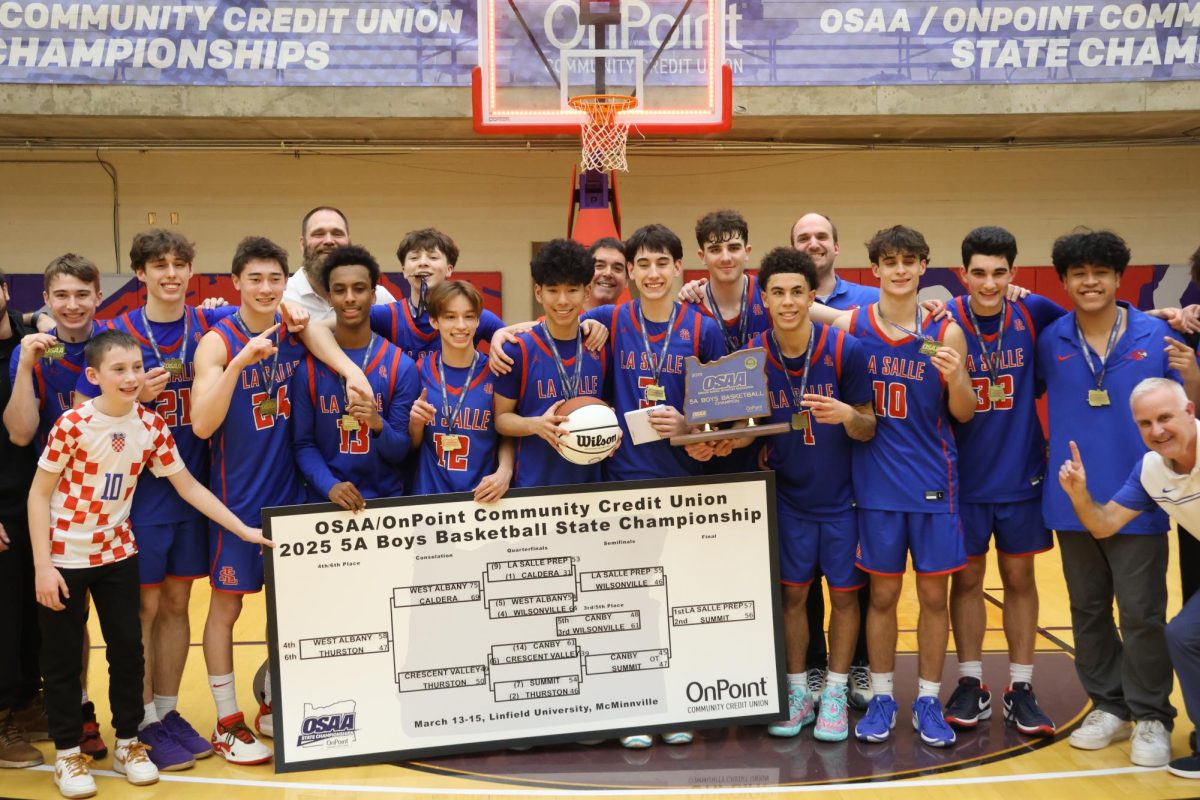
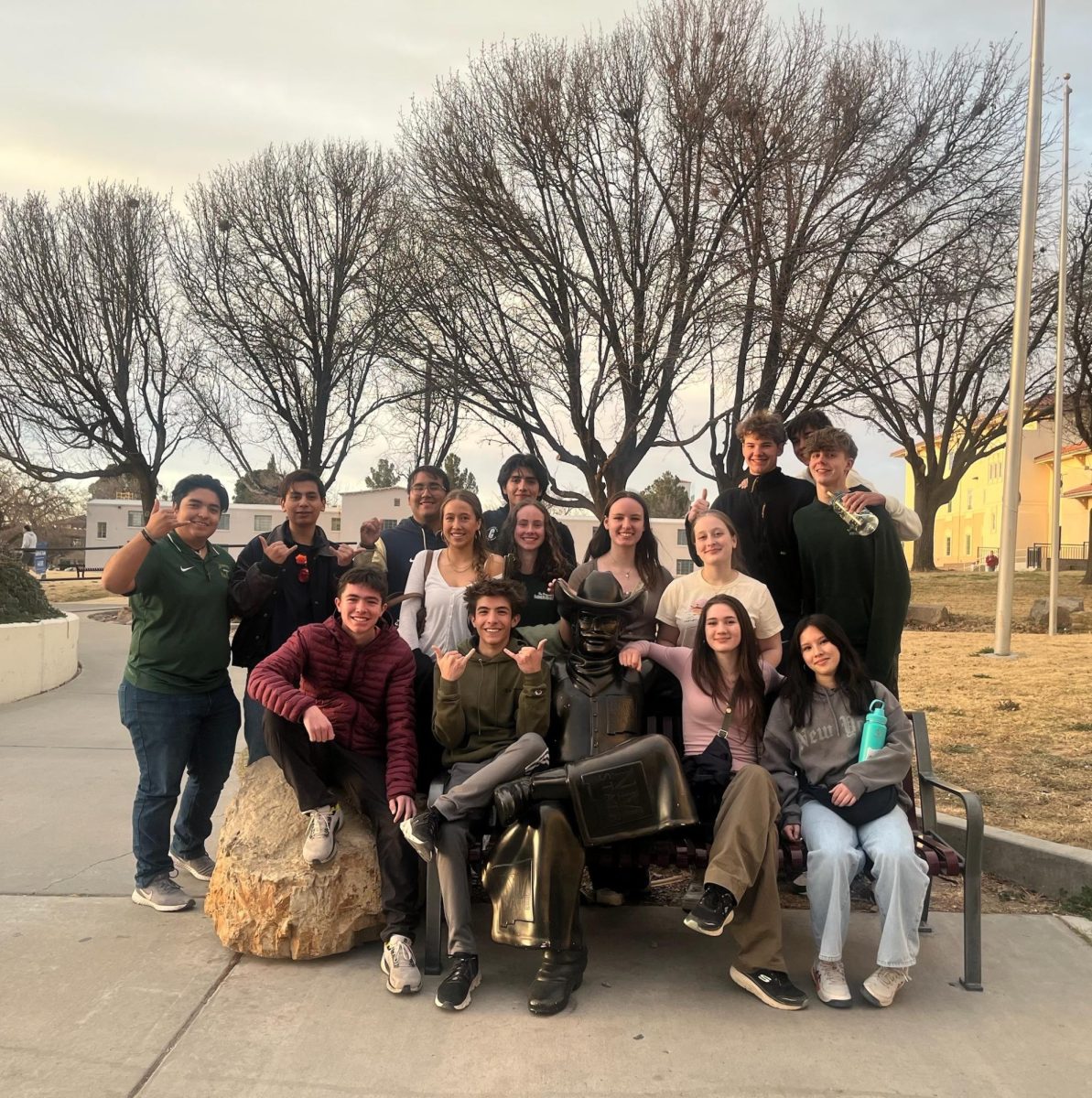
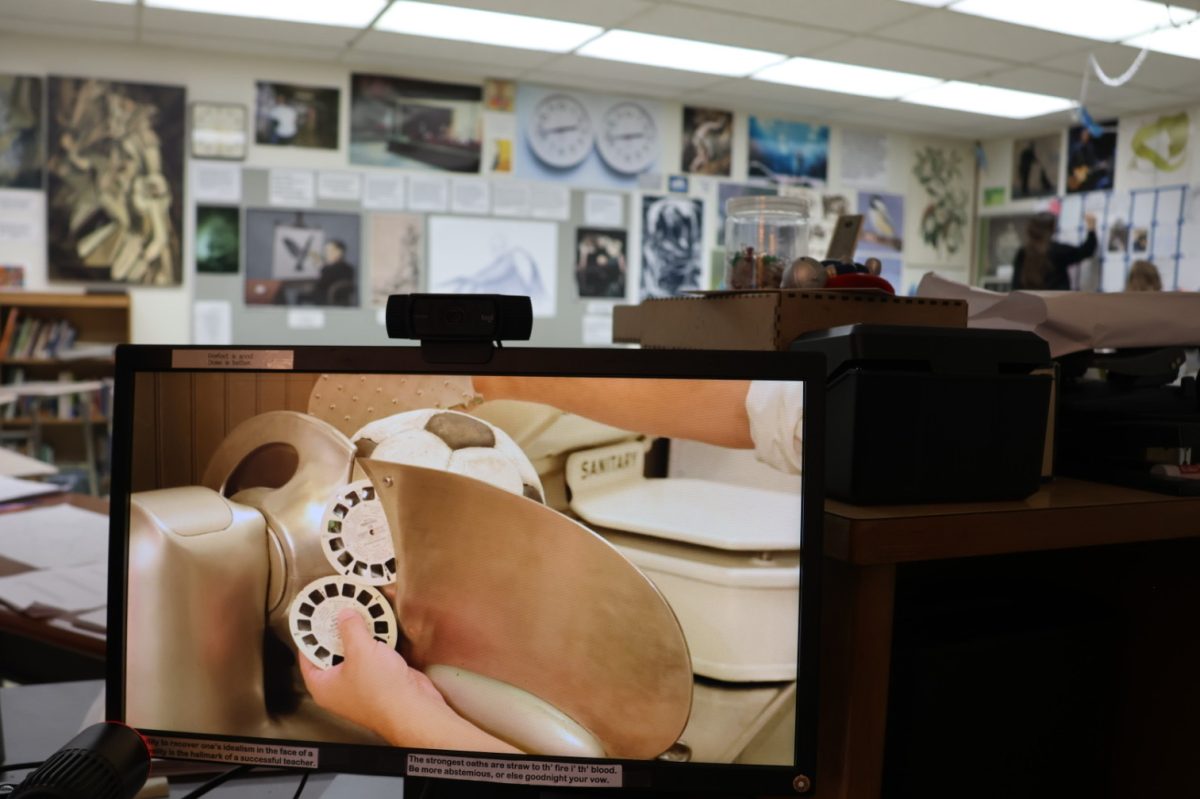
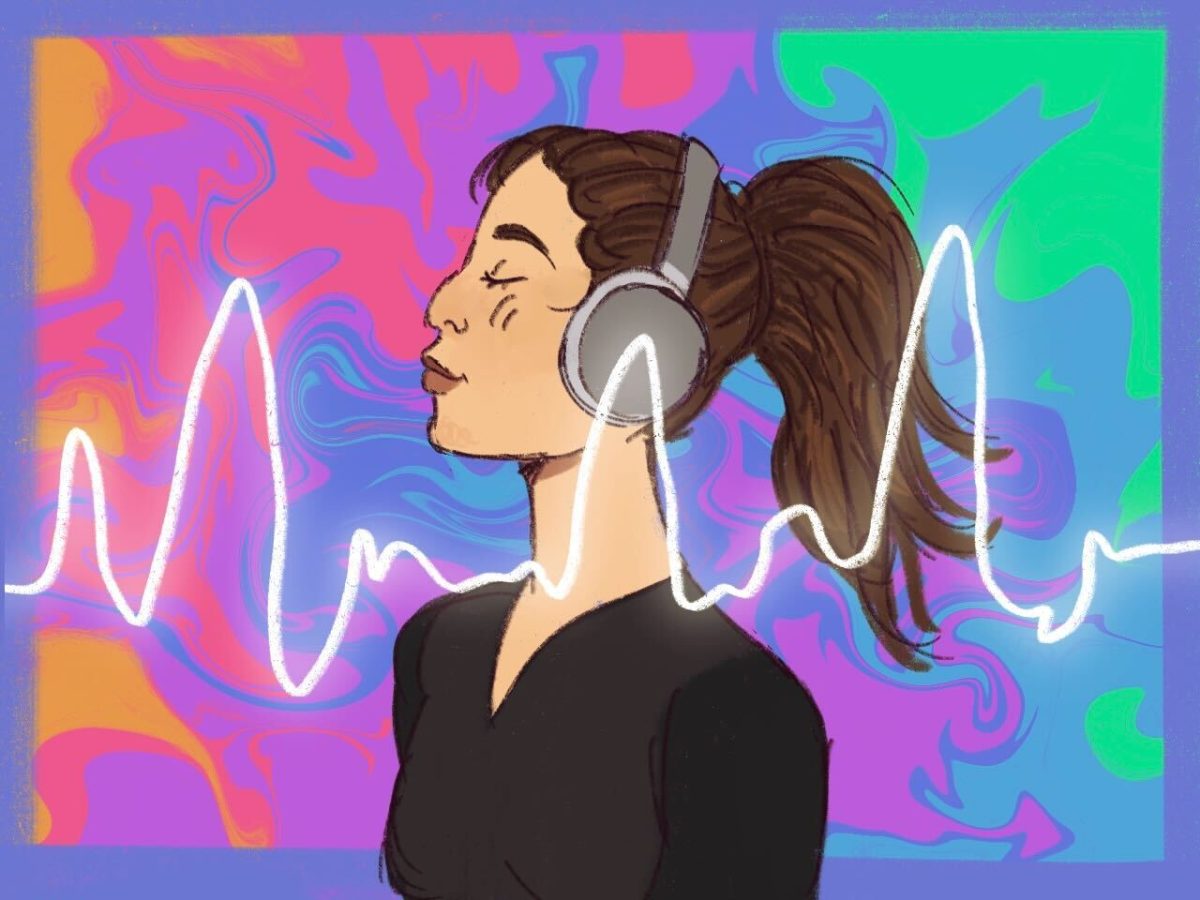
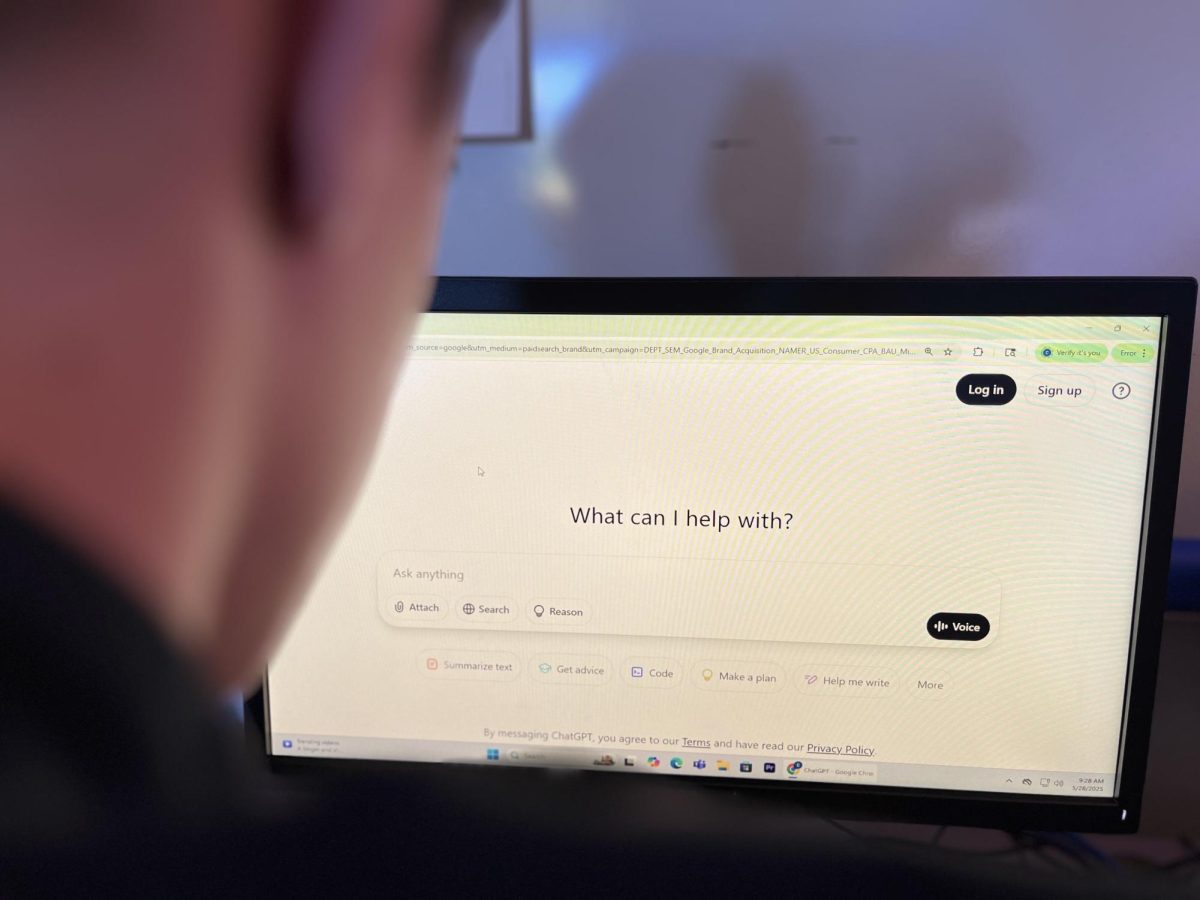
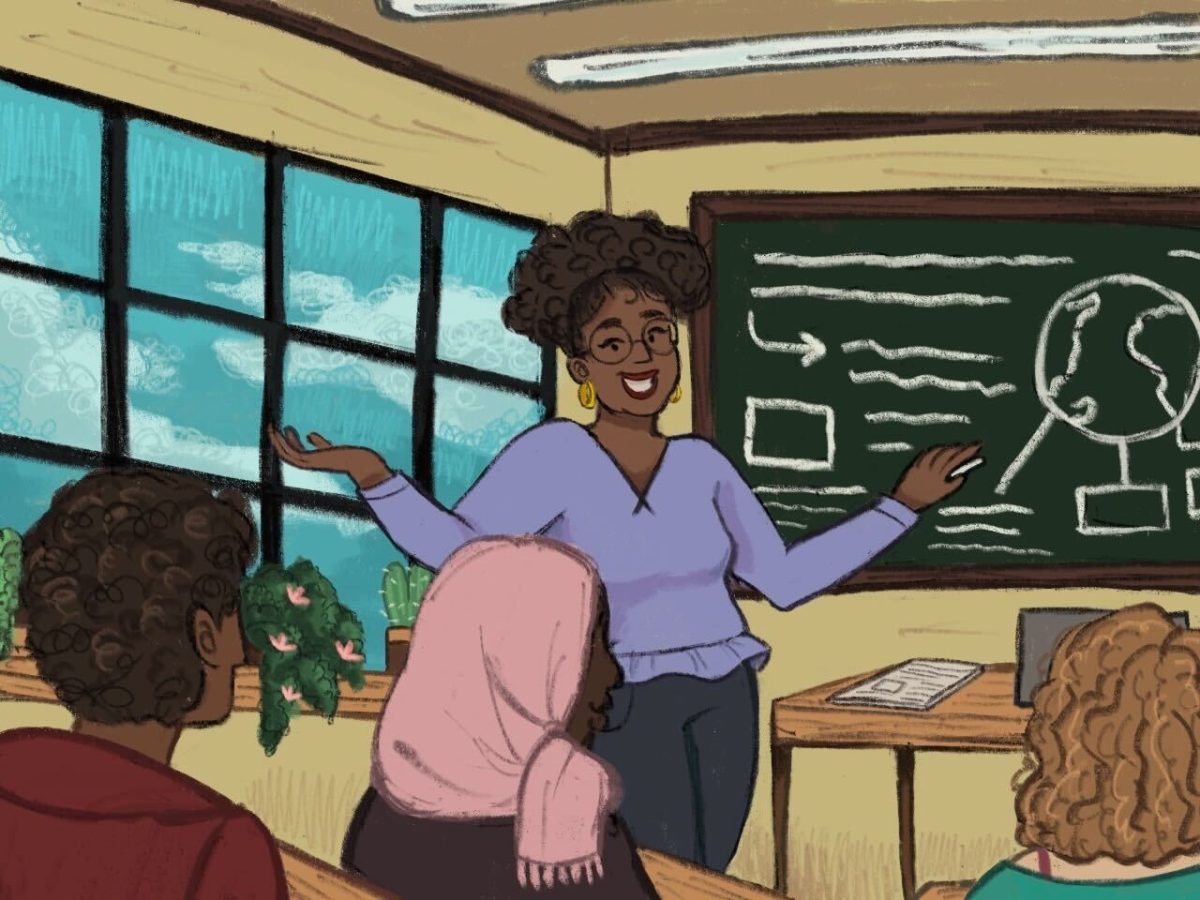
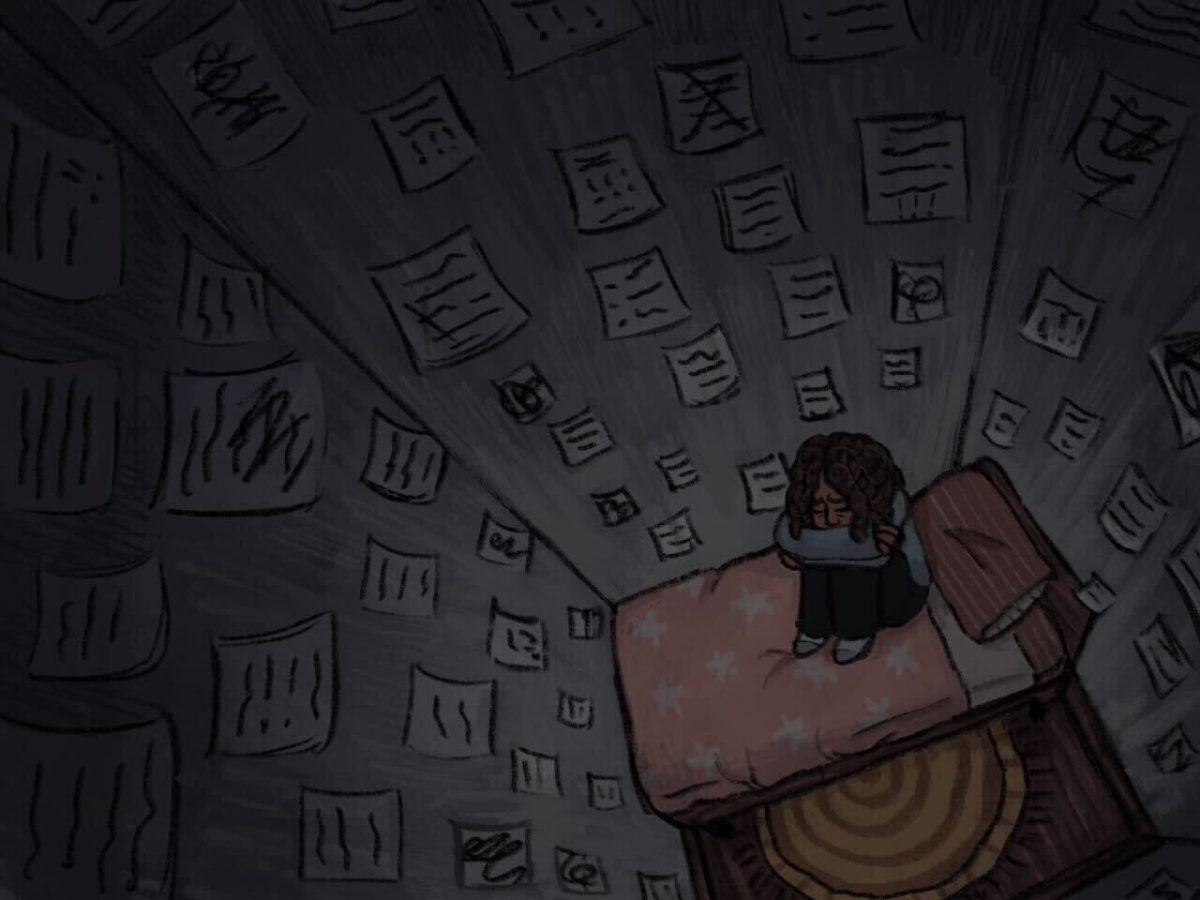
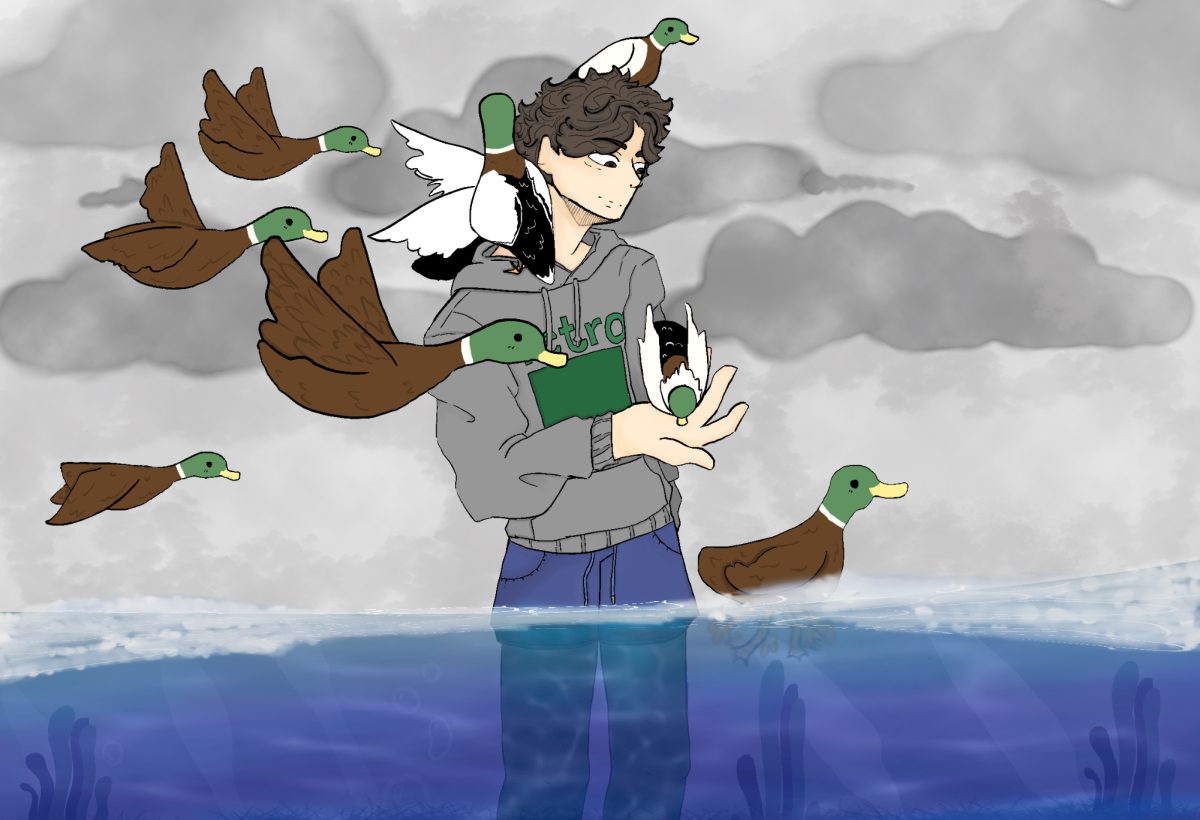
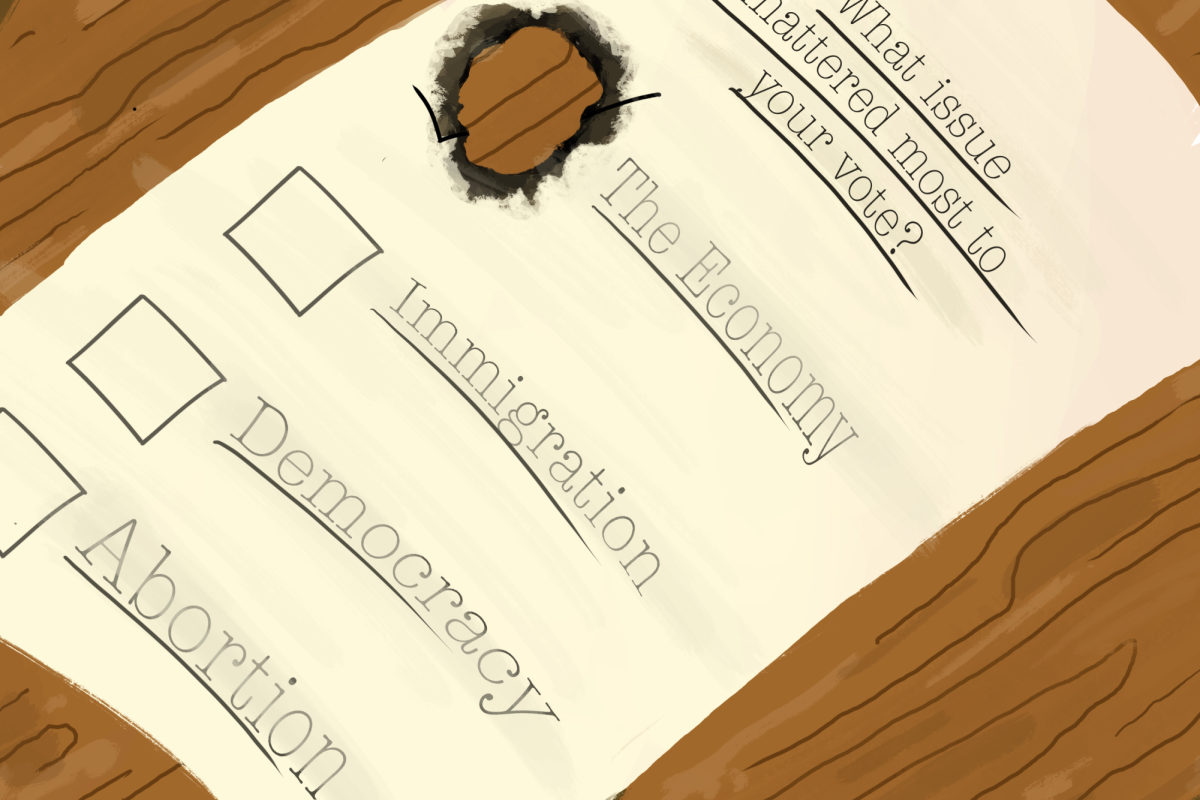
Tom McLaughlin • Jan 25, 2024 at 1:47 pm
Thank you, Kayah, for your beautiful essay. Through your story and reflection, you challenge and teach me. Your vulnerability invites me to see the full humanity, the immeasurable dignity of all people. Thank you.
Christine Babinec • Jan 11, 2024 at 8:01 am
What a powerful piece of writing! The words, expressions and themes are all so evocative and moving. Thank you for sharing your story, and thank you for this excellent piece of writing and advocacy.